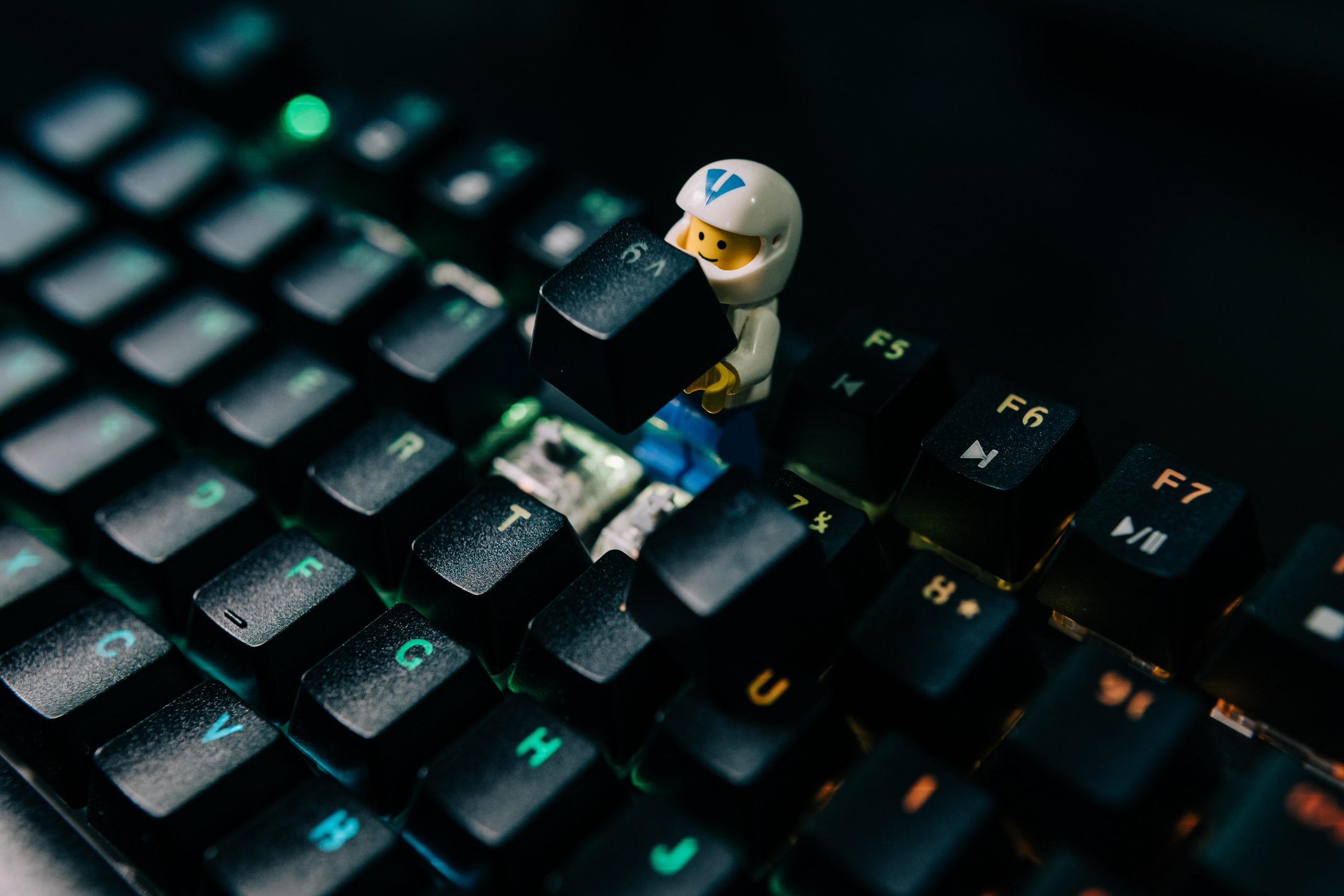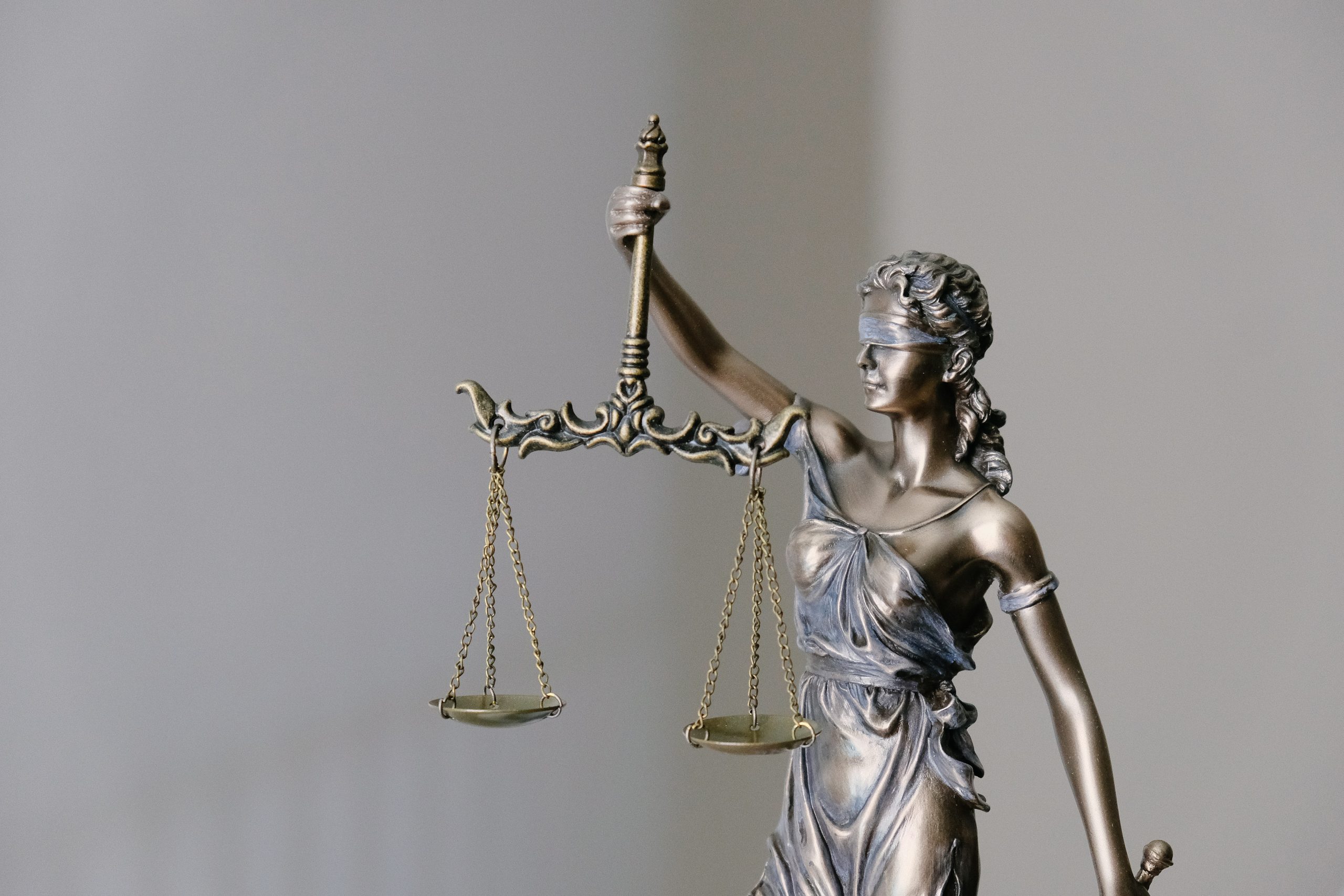Table of Contents
The Singapore High Court has ruled that NFTs can be considered a form of property.
Last Friday, Justice Lee Seiu Kin held that NFTs and digital assets meet certain legal requirements to be considered as property, including being distinguishable from other assets of the same type or others, as well as having an owner capable of being recognised by third parties.

The written judgement comes after the Singapore High Court issued an injunction on May 13 to stop the sale and ownership transfer of Bored Ape #2162 from its owner, a Singaporean man named Janesh Rajkumar, to pseudonymous NFT collector @chefpierre.
According to court documents, Rajkumar said that while he purchased the NFT with the intention of keeping it for himself, he often used it as collateral to borrow cryptocurrencies on NFTfi, an NFT lending platform.
However, Rajkumar also specified in loan agreements with lenders that he was not willing to relinquish ownership of the NFT, and would make full repayment of the loan to redeem it. He also informed lenders that in the event that he was unable to repay the loan in time, they should provide reasonable extensions for repayment.
After failing to repay a March 19 loan from @chefpierre, Rajkumar requested for an extension, to which @chefpierre agreed while also offering to refinance the loan. However, @chefpierre abruptly broke the extension agreement and foreclosed the loan, causing the NFT to be released from escrow an into their wallet.
In his decision, Justice Lee approved Rajkumar’s request to serve court papers on @chefpierre through Twitter, Discord, as well as their crypto wallet address.

A watershed moment?
According to Shaun Leong, lead counsel for the case and equity partner of Withersworldwide, the ruling is a landmark decision for being the the first judicial pronouncement in the world in a purely commercial dispute that NFTs have the attributes of property.
“This sends a clear signal to NFT investors all around the world that they have rights that can be protected under the law,” Leong told Blockhead.
Leong also highlighted that when it comes to disputes over traditional forms of property, people would tend to go to the courts of the country where the property is found to resolve their disputes, something that was previously thought to be impossible in the “international waters” of the decentralised space.
The ruling means that freezing orders and legal papers can also be served on a “metaverse” personality like @chefpierre, even if their actual identity remains unknown.
“The Singapore Court decision sends a clear message that in appropriate circumstances, a court of law can come in to bring order and apply relevant legalities to private transactions in the decentralised world. Having this rule of law is a great foundation for Web3 as it sets the framework for innovations to thrive,” he added.









